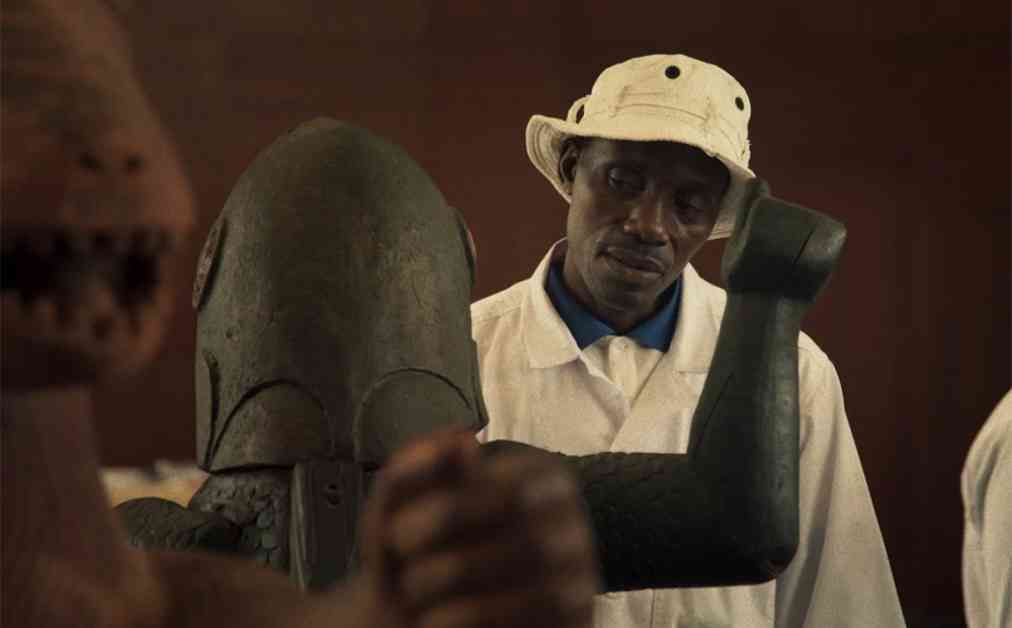Golden Bear Award-Winning Documentary « Dahomey » Chronicles Return of Stolen Treasures
On February 11, 2024, the acclaimed documentary « Dahomey » directed by the Franco-Senegalese filmmaker Mati Diop won the prestigious Golden Bear at the Berlin International Film Festival. The film follows the repatriation of 26 royal treasures to Benin, over 130 years after they were looted by French colonial troops. This powerful documentary sheds light on the complex issues surrounding the return of these cultural artifacts to their rightful home.
The story begins in November 2021 when 26 treasures plundered from Dahomey by French colonial forces in 1892 are set to leave Paris and return to Benin. The land that was once the kingdom of Dahomey is now known as Benin, and the return of these ancestral treasures raises questions about identity, heritage, and the legacy of colonialism. As the artworks make their journey back to Benin, the film captures the emotional and intellectual debates sparked among students at the University of Abomey Calavi.
Recognition at the Berlinale
It is worth noting the remarkable achievement of « Dahomey » being awarded the Golden Bear at the Berlin International Film Festival for the second consecutive year. This French documentary, supported by the region, follows in the footsteps of « Sur l’Adamant » by Nicolas Philibert, which won the same award the previous year. Both films showcase the power of storytelling and the importance of shedding light on historical injustices and cultural restitutions.
Impact and Significance
The success of « Dahomey » at the Berlinale highlights the growing importance of supporting diverse voices in the film industry. By centering the narrative on the restitution of stolen treasures, the documentary brings attention to the ongoing discussions around colonial legacies and cultural heritage. The film serves as a poignant reminder of the need to reckon with the past and address the injustices that continue to impact communities around the world.
The journey of the 26 treasures back to Benin symbolizes a broader movement towards acknowledging and rectifying historical wrongs. Through powerful storytelling and compelling visuals, « Dahomey » invites viewers to reflect on the complexities of cultural repatriation and the enduring impact of colonialism on societies today. The film’s success at a prestigious international festival like the Berlinale underscores the universal relevance of its themes and the importance of amplifying marginalized voices in the global cinematic landscape.
Future Prospects and Continued Support
As « Dahomey » continues to gain recognition and acclaim, it paves the way for more films that explore themes of cultural heritage, identity, and restitution. The success of this documentary demonstrates the power of cinema as a tool for raising awareness, fostering dialogue, and advocating for social change. By supporting filmmakers like Mati Diop and projects like « Dahomey, » we can amplify diverse perspectives and contribute to a more inclusive and equitable film industry.
In conclusion, the Golden Bear award-winning documentary « Dahomey » stands as a testament to the power of storytelling in addressing complex historical narratives and advocating for social justice. Through its compelling portrayal of the repatriation of stolen treasures, the film sparks important conversations about colonialism, cultural heritage, and the enduring legacy of the past. As audiences around the world engage with this powerful documentary, they are reminded of the importance of confronting historical injustices and working towards a more equitable future for all.

